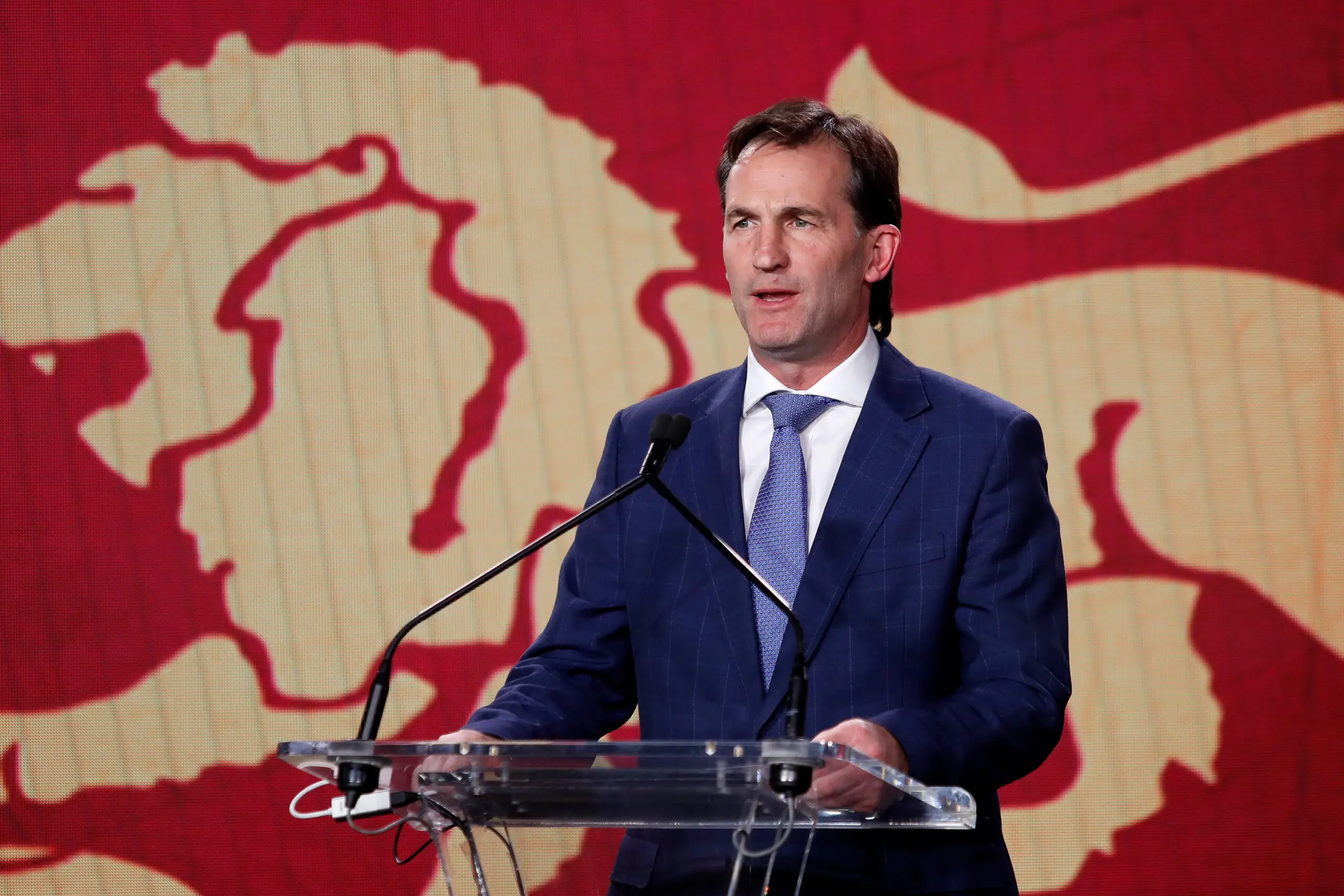The AFL has welcomed findings from Sports Integrity Australia (SIA) regarding the competition's Illicit Drug Policy (IDP) and the claims made under Parliament by Andrew Wilkie MP.
In March, Wilkie made note of claims made by ex-Demons head doctor Zeeshan Arain's allegations that the AFL helped stage clandestine drug tests in Heidelberg's Dorevitch Pathology.
However, the assessment formulated by the SIA “found no evidence to suggest testing by the AFL or club doctors was in breach of the WADA (World Anti-Doping Agency) Code, or that injuries were feigned to cover up for positive drug testing during the week by the AFL or club doctors”.
WADA advised SIA that it supports its conclusions of:
- There were NO breaches of the WADC.
- There were NO irreconcilable inconsistencies between the AFL's Illicit Drugs Policy and the National Anti-Doping Scheme.
- SIA has identified a need for the AFL to enhance its education program to all levels of the game.
SIA also found that "most players adhere to the AFL's Illicit Drugs Policy and intervention model in good faith, however, some players will and do find ways to get around the system and while this is not ideal, no policy or process is without weaknesses".
SEE MORE: Melbourne's Max Gawn respond to play drug use allegations
However, the AFL was handed multiple recommendations to continue to improve its work against illicit drug use which will be considered as part of the current review of the league's IDP.
- Expanding testing to the AFLW competition.
- Increasing the level of education and awareness at AFL clubs and in the pathway system.
- Independent oversight of the operation of the policy.
- Continued expansion of the intelligence capability to guard against potential integrity risks.
- Developing a strategy for addressing illicit drug use by non-players.
- Consideration for holding an annual event or national roundtable where relevant stakeholders across the sporting sector have the opportunity to get together to discuss dealing with illicit drug issues

AFL CEO Andrew Dillon thanked the work of SIA CEO David Sharpe and said the league will continue looking at ways to improve.
“We said from the outset that the allegations raised in Parliament did not reflect either the intent or operation of the Illicit Drug policy and we welcome the findings of Australia's sport integrity agency that found zero evidence to support the claims," Dillon said in a league statement.
“We take the integrity of our sport extremely seriously. It is important to reinforce the point that we do not in any way condone illicit drug use but we accept that we have a responsibility as a code to try and change behaviours of those that do make the mistake of trying/using illicit drugs.
“Our AFL Illicit Drugs policy is unashamedly based on a health and safety model, in line with Government and medical policies and consistent with the 2017-2026 National Drug Strategy agreed with all Federal, State and Territory Governments. It is a policy that has helped many players who have had a substance problem to change their behaviours and it is a policy that will continue to evolve to deal with a societal issue.
“The extent of the problem in our community is why the AFL and the AFLPA have taken a leadership position as have our players in volunteering to be part of an illicit drug response that few other professional and Olympic sports currently undertake.
“We thank Sports Integrity Australia for overseeing our current education plan. Once the revised policy is finalised we will work closely with SIA in building greater awareness, education and transparency of the two policies to players at all levels of the game as well as key staff across the AFL industry as well as for Board members.”






















